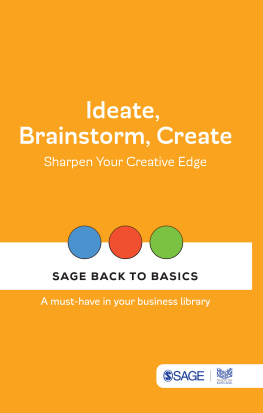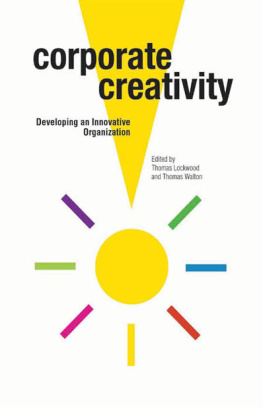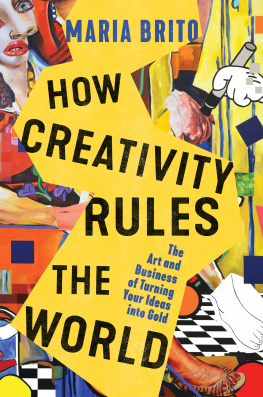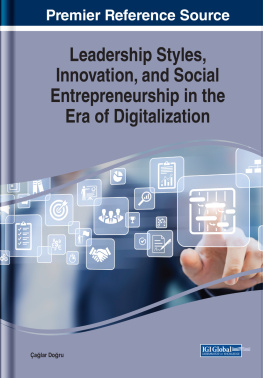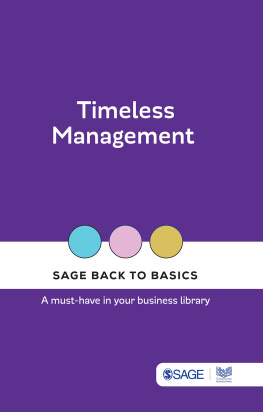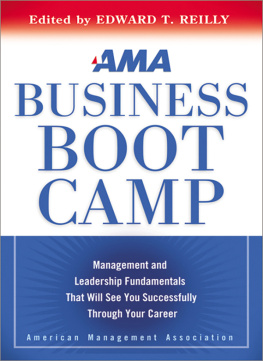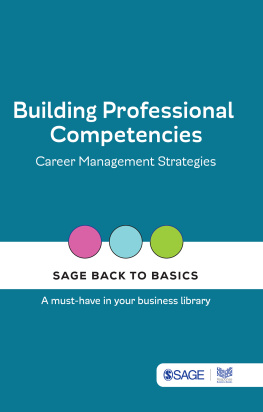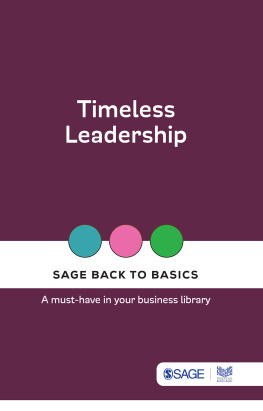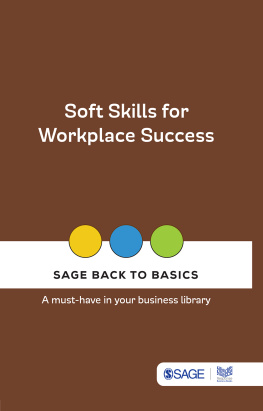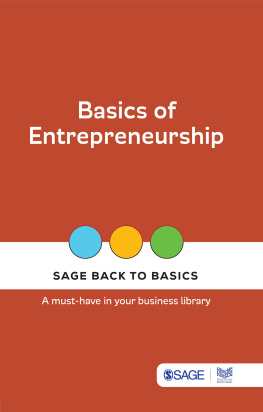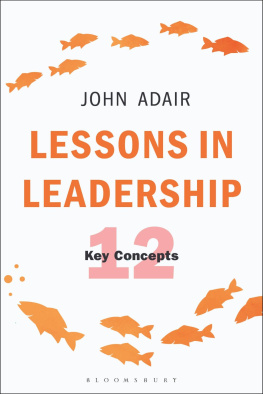JUNE A. VALLADARES
As mere mortals muddling through life, we are, at various times, awed, bewildered, confused, dismayed, enthused, distressed, excited, passionate or indifferent towards what we encounter along the way. Everything that stimulates our senses, emotions, intellect or psyche, leaves its mark on usfor better or worseand becomes part of a large, amorphous reservoir of feelings, thoughts, patterns, conditioning, habits of mind, reactions and responses. All these myriad stimuli come into play the moment we get set to ideate.
Your mind is like a teeming, steaming bowl of alphabet soup! With all those slippery, wiggly stimuli forming and reforming messages; and clamouring for attention! How do you begin to cope with these stimuli? How do you make sense of them, how create some order out of this churning, chaotic mess? Okay so you have done some meditation and you have surrendered your intellect to a higher power. Let us leave it there on its knees for a moment and explore some strong currents to carry us forward in the cerebration process.
THE FIRST PRINCIPLE: HUMILITY
In the book The Beautiful Mind, we read the story of John Nash, the mathematician who won the Nobel Prize for economics, some years ago. He suffered from schizophrenia for more than 30 years. The book is about the breakdown of his mental faculties, until he had a miraculously spontaneous remission; but not before suffering trauma and agonies too horrible to repeat.
The mind is so fragile; I have to treat it with great respect. Besides, it makes me aware of who and what I am; and gives me a reason for going about my business. I am careful not to take my mind for granted, because there is no guarantee that I shall keep it in the same condition, alwaysindeed, I know very little about my mind except that it is always awake and active, often against my willand I need to slow it down from time to time to keep from overheating!
When I see all the once-brilliant people struck down by Alzheimer's or Parkinson's disease or some mental illnesses, it makes me thinkthere, but for the grace of God, go I. Poet laureate of India, the great Nissim Ezekiel, spent the last years of his life in a home for Alzheimer patients. The principal of our college, who was once provincial general of the Jesuits, a man renowned for his intellectual acumen and sophisticated charm, can now barely recognize his own family. He has Parkinson's disease. Iris Murdoch and Virginia Woolf took their own lives when they learned their minds were breaking down.
So, I guess the humility I am talking about is not taking our intellect for granted. Also to respect and trust the ideas we get as we go about our work and life. I think it also means realizing that sometimesperhaps, alwayswe need to turn to a higher power for our creative ideas, so we do not become intellectually arrogant. This awareness sharpens our observations and work. We put more of ourselves into our creative activities and call upon inner reserves to give our best efforts to the task at hand. Humility puts us in the right frame of mind to receive the best of what the universal consciousness wants to drop into it by way of ideas.
As a young copywriter, when I was stuck for a campaign idea, I had no qualms about sending a silent scream to heaven, Lord help me, for without you I cannot do this! And guess what? Heaven always came to my aid. I had stumbled on the first principle of ideation by sheer accident. Looking back, I believe I could have been a better copywriter, had I been more aware of the power of prayer.
THE SECOND PRINCIPLE: DISCERNMENT
If you want to know the exact meaning of a word, go directly to your dictionarymine defines discernment as, the power or faculty of discriminating; to discern is to make out, to distinguish by the eye or understand, to judge. I think this quality sharpens the mind and leads to more productive ideation.
Most of us are capable of forming ideas and concepts, to a greater or lesser degree, depending on how developed the faculty of our mind is; and depending on what we know of ideation techniques, e.g. brainstorming, free association, making surprise connections, leaping the creative leap and a whole lot more. We are all exposed to Mentors of the Mind, like Alex Osborn and Edward de Bono and Dale Carnegie
This information was correct at the time of publishing.
Faced with a plethora of data and information, you exercise discernment to choose what is relevant. How well you apply the principle of discernment will, in turn, depend on the parameters you select to narrow down your choices. It is like trying to sieve and sift a thousand applications for a single job opening. For instance, being on the selection panel to interview hundreds of candidates aspiring for about 40 seats in a business school, can be a harrowing experience. You have to use discernment like a scalpelmaking sure you select the right persons, while ensuring that the rest do not bleed to death.

